Principal Investigators
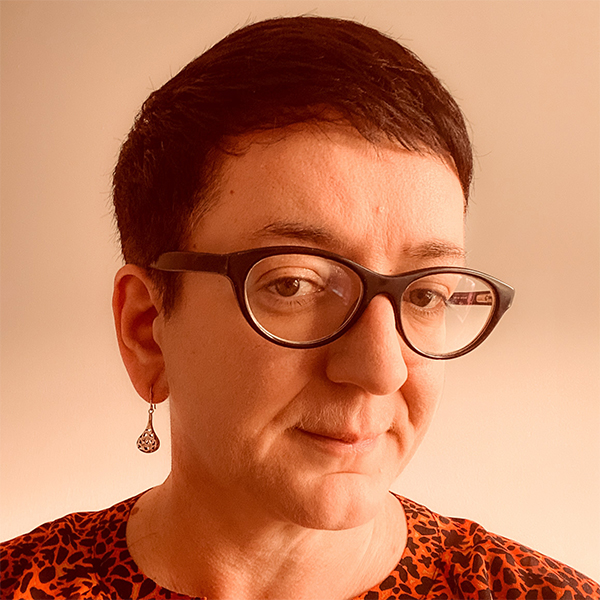
Prof Jane Winters
Professor of Digital Humanities, School of Advanced Studies
Jane Winters is Professor of Digital Humanities and Pro-Dean for Libraries and Digital at the School of Advanced Study, University of London. She has led or co-directed a range of digital projects, including Big UK Domain Data for the Arts and Humanities, Traces Through Time: Prosopography in Practice across Big Data, and Digging into Linked Parliamentary Data. Currently, she is a partner in the CLEOPATRA project, a Marie Skłodowska-Curie Innovative Training Network, which is exploring how we can study significant transnational political and cultural events as they unfold online. Jane’s research interests include digital history, born-digital archives (particularly the archived web), the use of social media by cultural heritage institutions, and open access publishing. She has published most recently on Non-Print Legal Deposit and web archives, born-digital archives and the problem of search, and the archiving and analysis of national web domains. Jane is a Fellow and Councillor of the Royal Historical Society and chairs its Digital Committee.
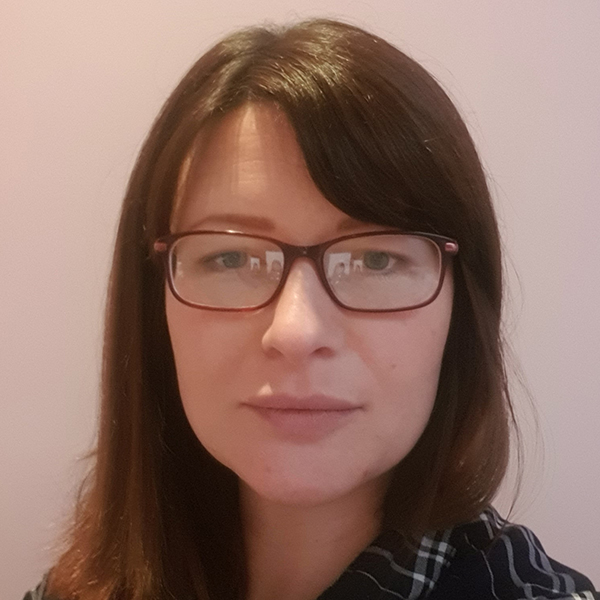
Dr Michelle Doran
Research Fellow & Project Officer, Trinity College Dublin
Dr Michelle Doran is a postdoctoral Research Fellow at Trinity Long Room Hub, where she is contributing to the CHIST-ERA PROVIDEDH (PROgressive VIsual Decision-making in Digital Humanities) project and Project Officer for the Trinity Centre of Digital Humanities. She holds a PhD in Medieval Irish Studies, and her principal research interests lie in the field of humanities research and the underlying epistemological and ideological premises. She is module coordinator of the Digital Scholarship and Skills workshop series hosted by the Trinity Long Room Hub and facilitates a number of workshops on the subjects of Digital Humanities, Data Management Planning and Digital Scholarly Editing.
Co-Investigator
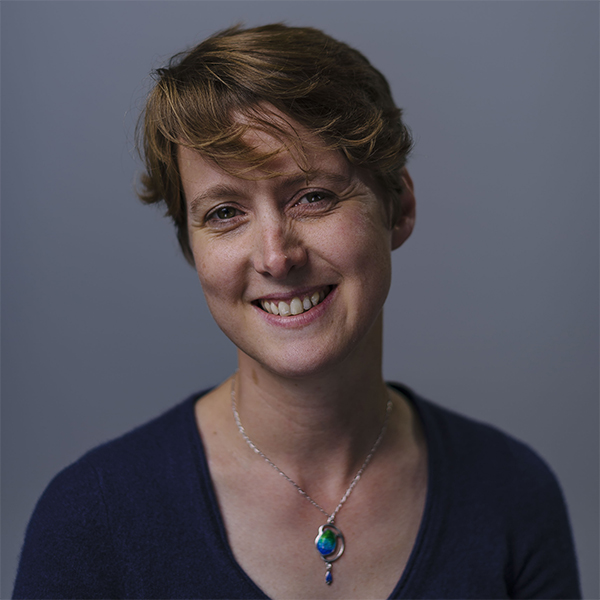
Dr Charlotte Tupman
Research Fellow in Digital Humanities, University of Exeter
Charlotte is a member of Exeter’s Department of Classics and Ancient History and the Digital Humanities Lab, with research interests in Latin Epigraphy. As one of the authors of the EpiDoc Guidelines she is actively involved in the collaborative development of international standards for the encoding and publication of inscriptions and papyri. She has worked in the field of Digital Humanities for the past decade, specialising in the analysis, encoding and digital publication of textual materials, and is currently working on applying machine learning to the study of lettercutting processes in the Roman world. With her colleague Jacqueline Christmas she holds an Institute for Data Science and Artificial Intelligence Research Award for the project Reconsidering the Roman Workshop.
Contributor
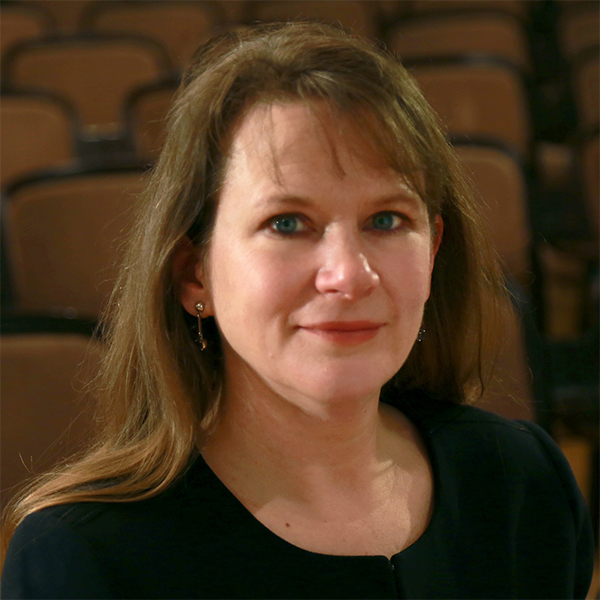
Prof Jennifer Edmond
Associate Professor of Digital Humanities, Trinity College Dublin
Jennifer Edmond is Associate Professor of Digital Humanities at Trinity College Dublin where she is co-director of the Trinity Center for Digital Humanities, Director of the MPhil in Digital Humanities and Culture and a funded Investigator of the SFI ADAPT Centre. Outside of Trinity, Jennifer serves as President of the Board of Directors of the pan-European research infrastructure for the arts and humanities, DARIAH-EU, and was representative of this organisation on the European Commission’s Open Science Policy Platform (OSPP) from 2016-2020. Over the course of the past 10 years, Jennifer has coordinated transnational, local or field-specific teams in a number of large-scale inter- and transdisicplinary research projects, worth a total of almost €9m. These projects include CENDARI (FP7), Europeana Cloud (FP7), NeDiMAH (ESF), PARTHENOS (H2020), KPLEX (H2020), PROVIDE-DH (CHIST-ERA/IRC) and the SPECTRESS network (FP7).
Partners
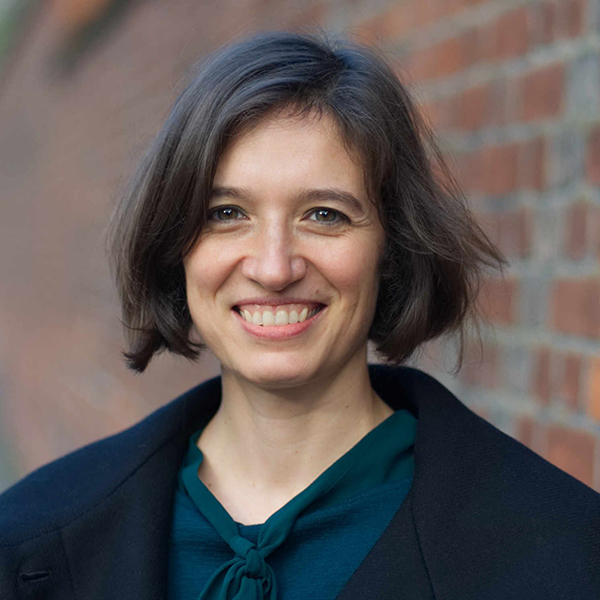
Dr Arianna Ciula
Deputy Director and Senior Research Software Analyst, King’s Digital Lab, King’s College London
Arianna has broad experience in digital humanities research, infrastructures, management, and teaching. She holds a PhD in Manuscript and Book Studies (digital palaeography), an MA in Applied Computing in the Humanities and a BA Hons in Communication sciences (computational linguistics). She worked at King’s as Research Associate from 2003 to 2009. From 2009 to 2012, she worked as Science officer at the European Science Foundation and from 2013 she worked as Research Facilitator at the University of Roehampton for three years.
Her personal research interests focus on the modelling of scholarly digital resources. She lectured and published on humanities computing; she has organised conferences and workshops in digital humanities, and is an active member of its international community. List of publications.

Dr Paul Gooding
Senior Lecturer in Information Studies, University of Glasgow
Dr. Paul Gooding is a Senior Lecturer in Information Studies at the University of Glasgow. His research focuses on evaluating the impact of digital library collections on institutions and users, and how library and archival collections can be harnessed for innovative reuse in the Digital Humanities. He is particularly interested in the interaction between digital materials, user behaviour, and legal/institutional frameworks for collection development. He is the author of Historic Newspapers in the Digital Age: “Search All About It!” (Routledge, 2016), and co-editor of Electronic Legal Deposit: Shaping the Library Collections of the Future (Facet Publishing, 2020). He has a track record of publications that span Digital Humanities and Library and Information Studies.
Paul’s funded projects include Digital Library Futures, which investigates the impact of non-print legal deposit upon academic legal deposit libraries in the United Kingdom, and the AHRC-funded Network to Investigate the Development of a Global Dataset of Digitised Texts. He has published broadly on topics relating to digital collections and user behaviour, and undertakes research into DH pedagogy for Postgraduate Research students. He is an Associate Editor for Digital Scholarship in the Humanities, a member of the AHRC Peer Review College, and a Current Fellow of the Higher Education Academy.
Paul is an experienced information professional who previously worked as a librarian with BBC Sport. His TV credits include the Open Golf, the 2010 FIFA World Cup, and the 2010 Winter Olympic Games. He holds an BA in English Literature from the University of East Anglia, and an MA in Library and Information Studies (2007) and a PhD in Digital Humanities (2014) from University College London.
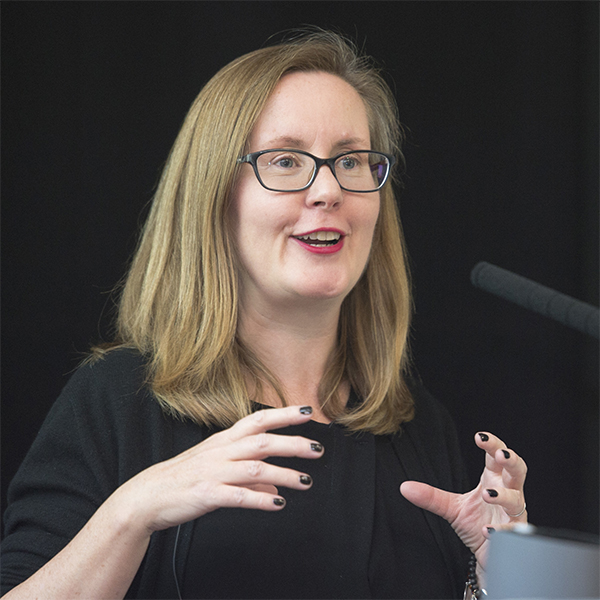
Prof Lorna Hughes
Professor in Digital Humanities, University of Glasgow
Lorna M. Hughes is Professor in Digital Humanities at the University of Glasgow, where she is based in the Information Studies Subject area. Her research addresses the creation of digital cultural heritage, and the use and re-use of digital collections for research, teaching, and public engagement. She has a specific interest in the conceptualisation, development, implementation and categorisation of digital methods in the humanities, and the collaborations between the humanities and scientific disciplines that drive this agenda. She is Vice-Chair of EuroScience.
She has been Primary or co-Investigator on over 20 digital humanities research projects, including Rhyfel Byd 1914-1918 a’r profiad Cymreig / Welsh experience of the First World War 1914-1918; the AHRC-IRC Network IIIF for Research, and the EPSRC-AHRC Scottish National Heritage Partnership. She was the Chair and PI of the European Science Foundation (ESF) Network for Digital Methods in the Arts and Humanities (NeDIMAH).
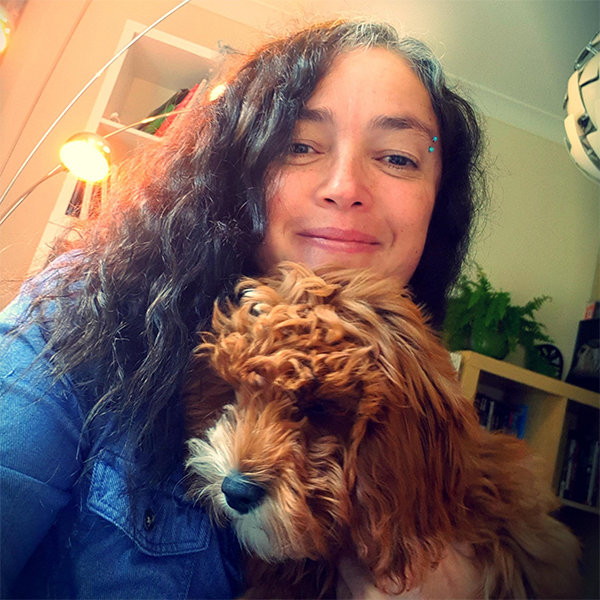
Dr Patricia Murrieta-Flores
Senior Lecturer in Digital Humanities, Lancaster University
Patricia Murrieta-Flores specialises in historical archaeology and digital humanities. She is the Co-Director of Digital Humanities at Lancaster University in the UK and she is also Senior Lecturer at the History Department in the same university.
Her research interests lie in four areas:
1) the development and application of Artificial Intelligence methods for historical and archaeological research;
2) the analysis of space and place through spatial technologies;
3) decolonial approaches to technology; and
4) Mesoamerican and early colonial history of Mexico. She has published widely about the creation and use of computational approaches in the humanities, and has led multiple funded interdisciplinary projects. She is PI of the project “Digging into Early Colonial Mexico: A large-scale computational analysis of historical sources“.
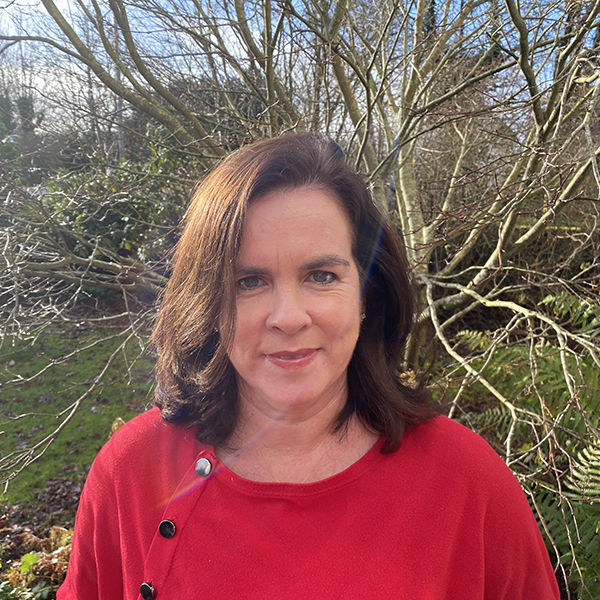
Dr Orla Murphy
Head of Department of Digital Humanities, University College Cork
Dr Orla Murphy is head of the Department of Digital Humanities, School of English and Digital Humanities, University College Cork, Ireland.
EU Roles:
National Coordinator of DARIAH-IE; the Digital Research Infrastructure for the Arts and Humanities.
Irish National Representative on the Scientific Committee of CoST-EU; Co-operation in Science and Technology.
Irish National Representative on the SCI SWG Social and Cultural Innovation Special Working Group of ESFRI the European Strategy Forum on Research Infrastructures.
National Roles:
Board Member DRI the Digital Repository of Ireland
Co Chair ACERR The Arts and Culture in Education Research Repository in Ireland
University Roles:
Co-Chair – Digital Education Advisory Group, University College Cork.
Deputy chair – Learning and Teaching Committee, University College Cork.
Specialising in the concept of knowledge representation, specifically ‘textuality’ and the impact of text technologies on the world, from Socrates to XR, with a particular focus on the Digital Humanities.
Her research explores the integration of emerging digital technologies (with)in the humanities in scholarship and in pedagogy.
She has co designed and developed a series of innovative degrees that promote a standards-led approach, using international best practice for digitisation, in its multiplicity of forms, malleable across many platforms and of interest to a wide range of citizens.
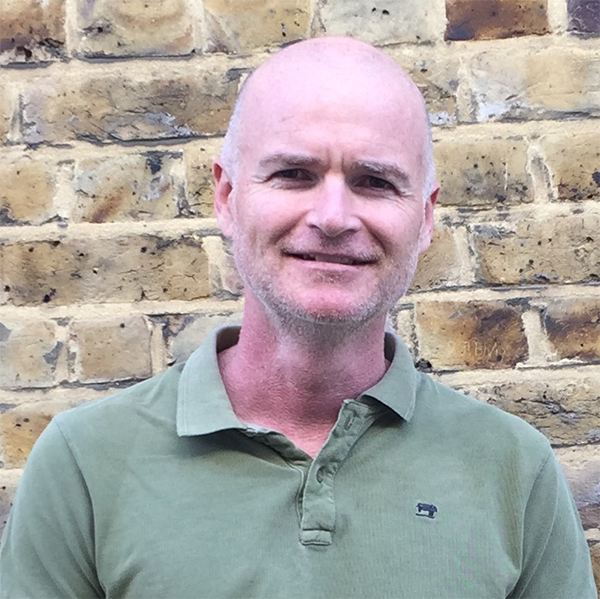
Dr James Smithies
Director, King’s Digital Lab, King’s College London
James Smithies is Director of King’s Digital Lab (KDL) and Reader & Deputy-Director of eResearch at King’s College London. He has a doctorate in History and has worked in the government and commercial IT sectors. His monograph The Digital Humanities and the Digital Modern was published by Palgrave Macmillan in 2017. In his digital practice he applies computational tools and methods to arts, humanities, and social science subjects. This involves the development of products (websites, electronic books, or mobile applications), the analysis of data (text, image, and social media archives) and the provision of services (digital libraries and archives). This sort of work results in traditional scholarly articles and monographs as well as digital outputs. James is interested in any research that involves the innovative application of computational tools and methods to arts, humanities, and social science subjects. He has additional interests in global and research infrastructures, and has experience applying information management techniques to post-disaster contexts.
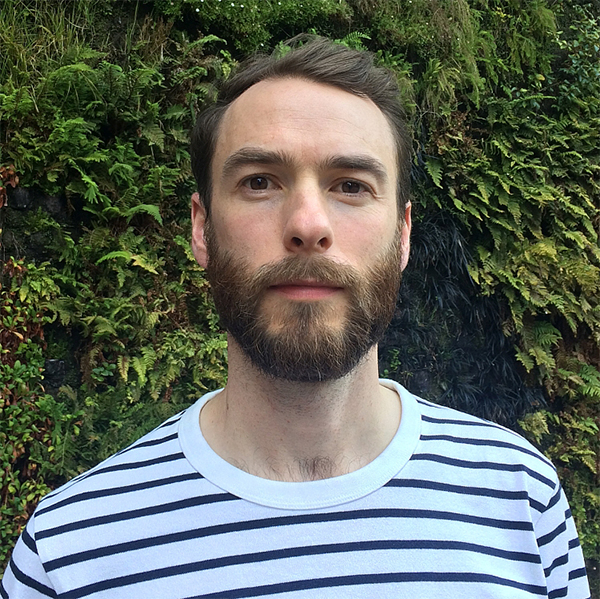
Dr Justin Tonra
Lecturer Above The Bar, NUI Galway
Dr Justin Tonra is Lecturer in English in the School of English & Creative Arts at the National University of Ireland Galway. His principal research interests lie at the intersections of literature and technology, and comprise work in the fields of digital humanities, book history, textual studies and bibliography, scholarly editing, and poetry of the Romantic period. He is the author of a recent monograph, Write My Name: Authorship in the Poetry of Thomas Moore (Routledge, 2020), and peer-reviewed articles on topics including network analysis, crowdsourcing, stylometry, text-encoding, and digital bibliography. He is joint National Coordinator for DARIAH Ireland and was a working group leader for COST Action Distant Reading for European Literary History.
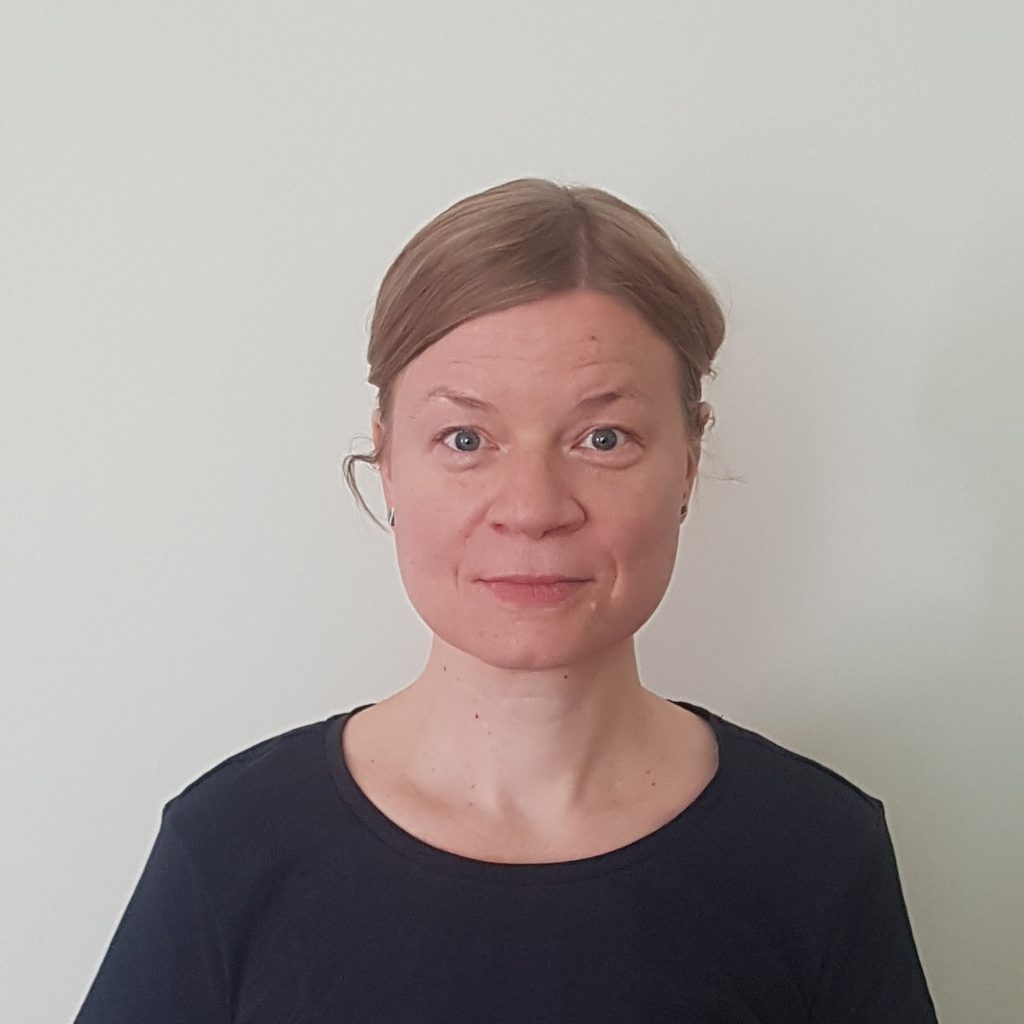
Dr Natasha Romanova
Research Assistant
Natasha Romanova worked as Digital Methods Lead at King’s Digital Lab as part of the DARIAH-DESIR project in 2019. She also recently participated in a number of projects, including The Values of French Languages and Literatures in the European Middle Ages and the Distant Reading across Languages project.
Website Developer
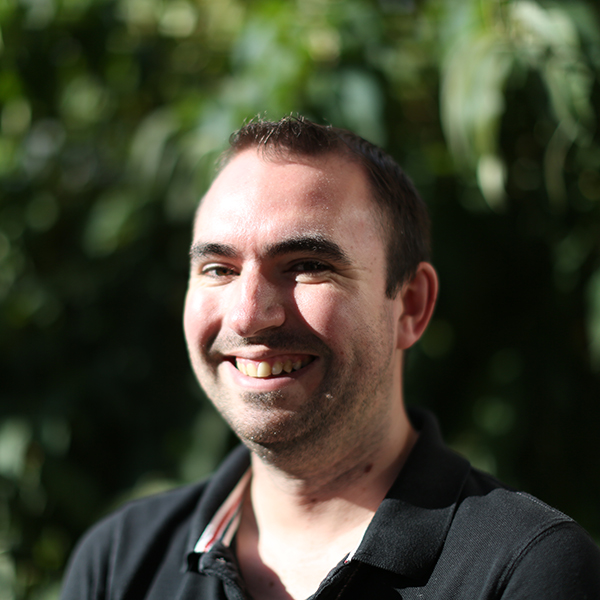
Richard Holding
Developer, Digital Humanities Lab, University of Exeter
Richard creates web resources for Digital Humanities research projects. His skills include the development of custom mapping solutions using the Leaflet JavaScript library, the creation of websites for managing and displaying digital collections using Omeka and eXist-db, and the design of websites and blogs in WordPress. Richard also advises academics and professional services staff on Digital Humanities aspects of bid writing for funders including the AHRC, identifying appropriate technologies and contributing details of development requirements for Data Management Plans.
